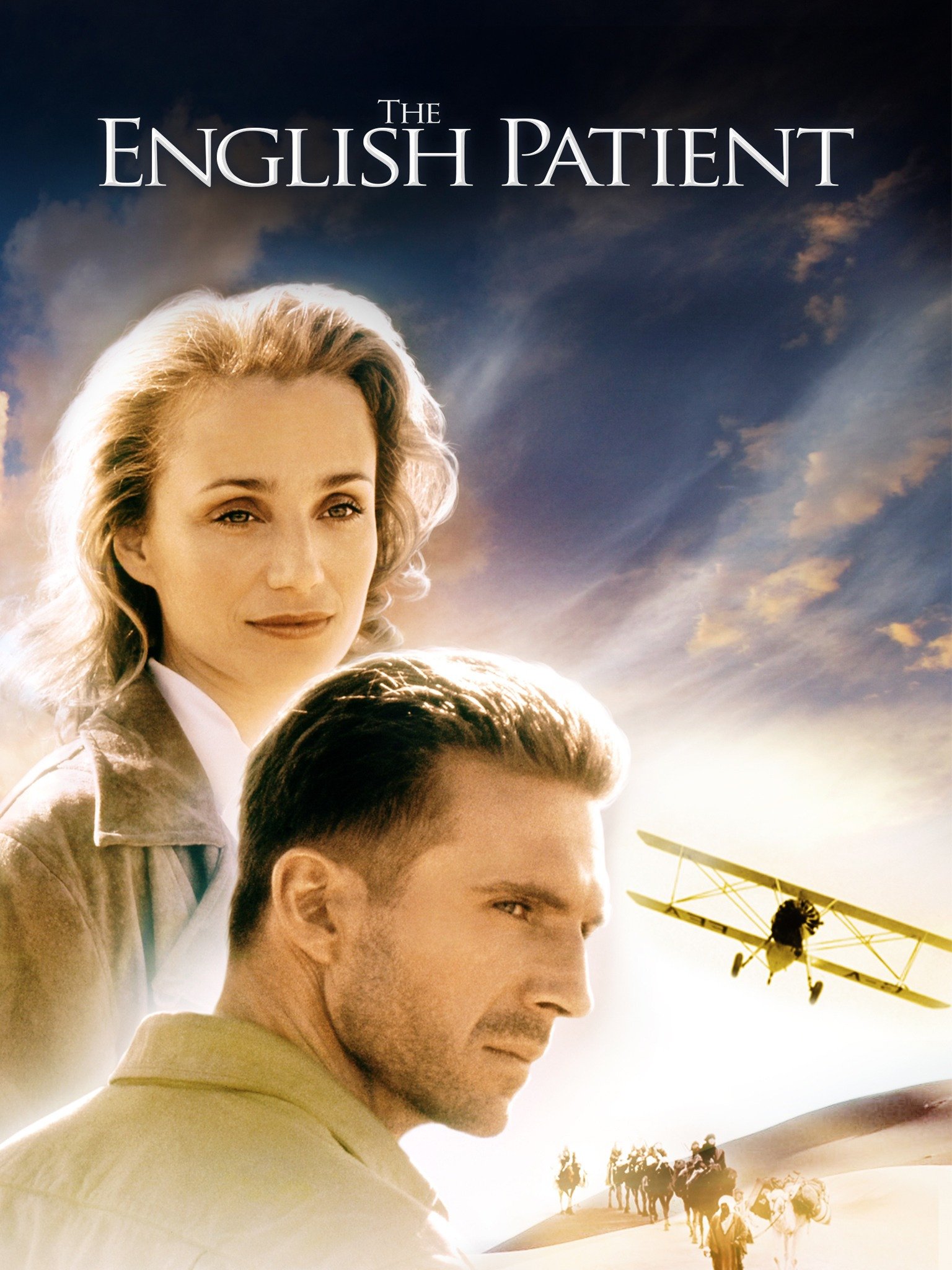A few days ago was the 100th birthday of one of the twentieth century’s great cinematic masters, Satyajit Ray. Fittingly, the Criterion Channel added a bunch of his movies on that day, many of which from Charulta and The Big City to The Music Room and of course the Apu Trilogy are well worth your time to watch if you haven’t already. One that I haven’t but have been curious about was The Hero, a 1966 film in which Ray employs some magical realism, which he hadn’t in his more down-to-earth films preceding it.
It’s the story of a Bengali actor Arindam Mukherjee (Uttam Kumar), quite famous with a lot of young people, travelling by train to New Delhi where he is to receive an award. A feminist reporter who dislikes him, Aditi (Sharmila Tagore) decides to interview him for her magazine while on the journey, during which Arindams’ history and insecurities come out, and Aditi comes to know the man more than the matinee idol.
Both actors are terrific and work incredibly well off each other. Tagore is a semi-regular of Rays’, having made her film debut as a teenager in Apur Sansar, but has fully come into her own by this point, as the principled clever journalist with a knowing smirk and sexy librarian glasses. And Kumar fits his role perfectly, quite believably embodying this film star in perhaps the waning days of his mass appeal. Yet in spite of Aditi’s resentment of the kind of fame Arindam has, she can’t ever come to dislike him in any of their exchanges, he’s too charming. He too is clearly fascinated by her and it makes it easier for him to open up.
Ray is very interested in exploring the image of celebrity here, introducing Arindam coming off of a minor scandal in which he was involved in a fight, and the other passengers he interacts with on the train express their own opinions to him; including an elderly man disapproving of the kinds of films Arindam chooses to act in. The film makes regular use of flashback in the revelation of his backstory, including the conflict he ran into with his acting mentor who was inherently dismissive of film as an art form. It runs through a series of episodes in his early career, including how he became the star he is. One particularly fascinating story revolves around a close friend he had as a student who was very involved in political activism, got arrested, and then reunited with Arindam years later only as an attempt to use him to drum up support for a cause. Alongside all of this is a theme about Arindams’ self-worth outside of his onscreen persona, his struggles with the lack of power he seems to have in his own life, and a particular loneliness.
This is illustrated in the most striking sequence of the movie and one of the most interesting of Ray’s entire filmography: a dream in which Arindam is surrounded by piles of money that soon produce skeleton hands with ringing telephones and turn to quicksand, the corpse of his mentor standing by as he sinks into their depths. It’s a very ominous scene, the imagery suitably unsettling, and communicates a lot of his anxieties and fears before the film even delves into his history.
This sadness and regret and guilt gradually comes more viscerally to the surface, and while it’s Aditi who is doing the questioning, it’s Ray who is interrogating her, and the people like her with certain judgments of celebrities. He challenges them to empathize with the emotional and psychological drawbacks of fame, rather than just focus on the perks. And in their casual conversation we see clearly just how unusual and bizarre it is when, for example, crowds of adoring fans are gathered at their window ready to make any presumption about this young woman Arindam Mukherjee is entertaining. Glamour and fame can be tiring, wealth unfulfilling, and Satyajit Ray illustrates that like few others.
Criterion Recommendation: The English Patient (1997)
Criterion Recommendation: The English Patient (1997)
If The Last Emperor could get into the Criterion Collection, so should this. For years I heard that The English Patient was the bad or the most boring movie of the 90s to sweep the Oscars (a reputation probably exacerbated by that Seinfeld episode), but when I finally saw it this year I found it to be actually really good. It’s kinda like Spielberg’s Empire of the Sun in that it feels like a throwback to David Lean epics (especially Doctor Zhivago), worthy enough though on its own merits. The place and the story structure is engrossing, Anthony Minghella’s direction is really good, and the cast is amazing -especially Juliet Binoche and a stunning Kirstin Scott Thomas in maybe her best performance. That romance, for as melodramatic as it is, is really rather affecting too. And of course the patches of Canadian identity to it are endearing to me. Like The Last Emperor it’s faded from populism just enough to meet Criterions’ standards I think, so go on and put it in there!
Support me on Patreon: https://www.patreon.com/JordanBosch
Follow me on Twitter: https://twitter.com/Jordan_D_Bosch
Letterboxd: https://letterboxd.com/jbosch/



Comments
Post a Comment